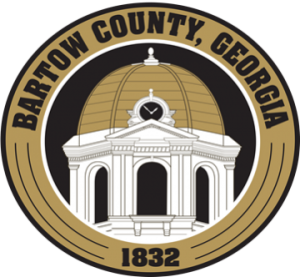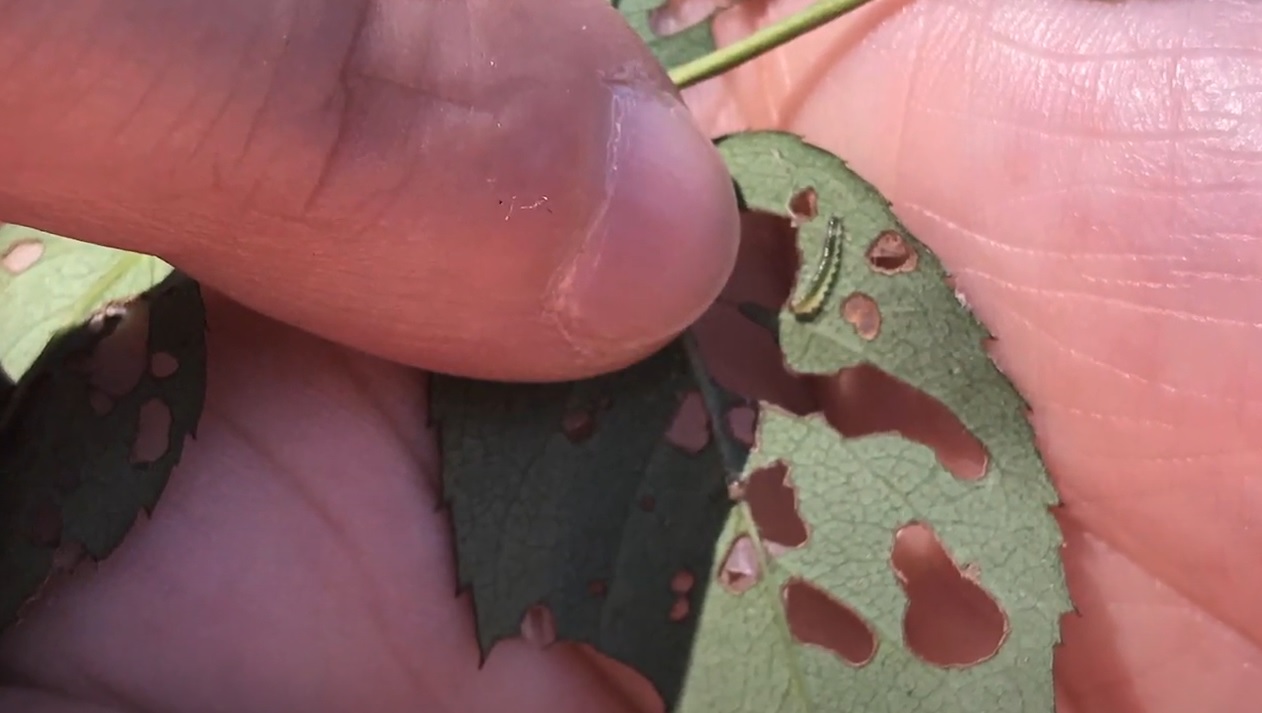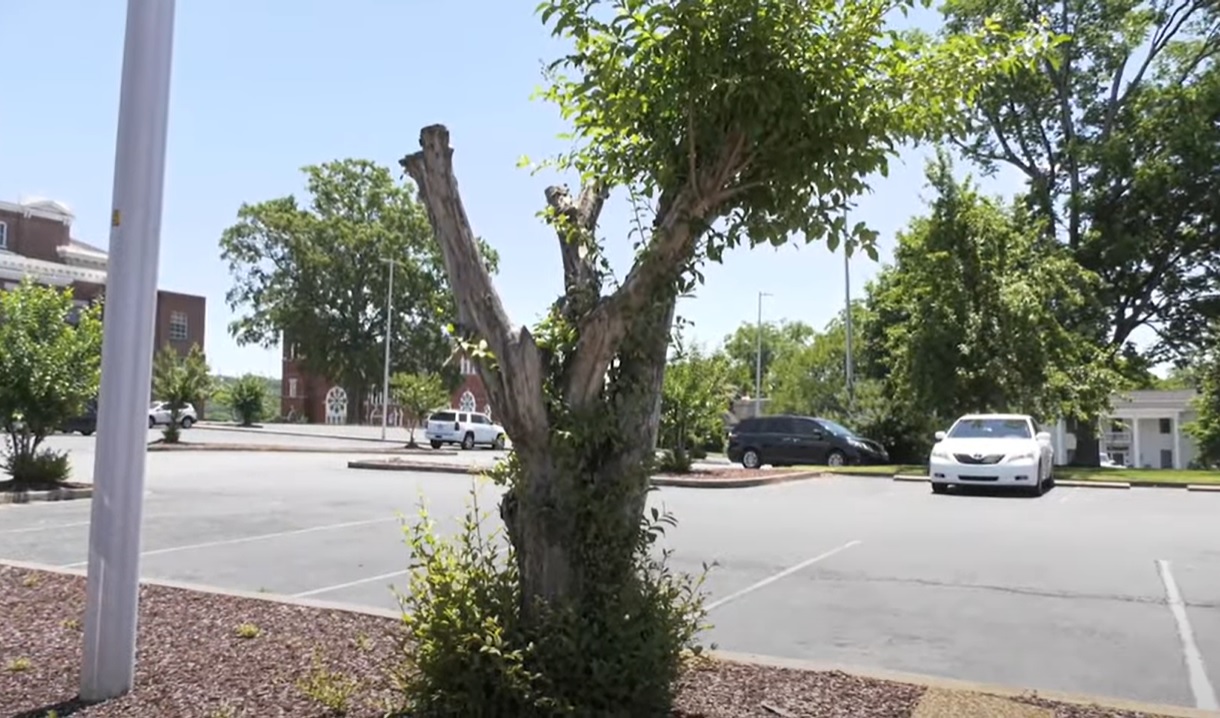Shrubs
-
The Holly (Ilex) genus consists of more than 400 species. Hollies offer a diverse range of plant characteristics. They can be deciduous or evergreen and vary from small (18 inches) to very large (over 50 feet). Fall and early winter is the ideal time to plant hollies and other new shrubs in your landscape. Female…
-
Recently, we had a client contact the Extension office asking about watering newly planted landscape shrubs. The client asked, “I have gotten such mixed messages on how I should have been watering — gardeners are telling me [water] every day; arborists and the nursery are saying [water] once a week, which I did. That didn’t…
-
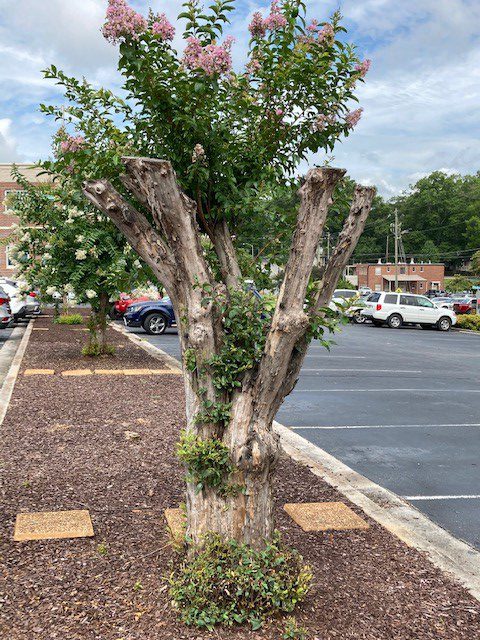
The crape myrtle (Lagerstroemia indica) is one of the most commonly planted ornamental trees for home landscapes and urban areas. By definition, crape myrtle is technically a small tree or large shrub. Crape myrtle is one of the most popular flowering shrubs/trees grown in Georgia because it provides abundant summer color with minimal maintenance. Crape myrtle…
-
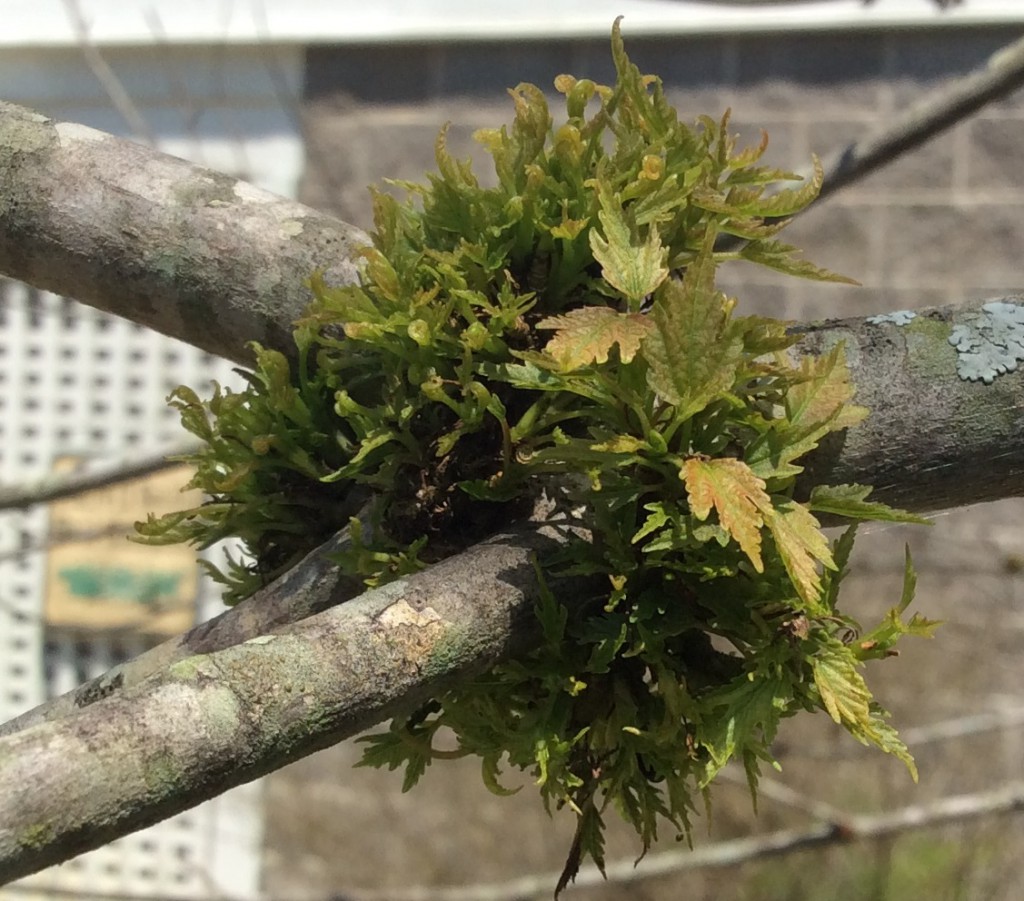
Have you ever browsed the pesticide aisle at a local garden center or farm supply store? Trying to find the right product for your plant disease, insect, or weed problem can be very confusing to the average consumer. Most gardeners are familiar with brand names such as Sevin, Roundup, Spectracide, Bayer Advanced, Bonide, and Ortho. …
-

Japanese holly, Ilex crenata, are popular evergreen shrubs found in many residential and commercial landscapes. Unlike many other types of hollies, Japanese hollies do not have any thorns. Some of the more popular varieties include ‘Helleri’, ‘Compacta’, and ‘Soft Touch’. These slow-growing Japanese holly varieties produce dense, compact shrubs that require minimal pruning to maintain…
-
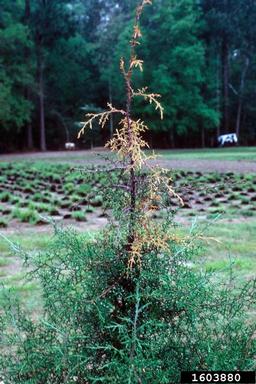
The most important part of landscape disease management is identifying the problem. Eighty percent of all plant disorders are the result of the inability of a plant to adapt to its environment. Knowing the problem, whether it is stress related and/or disease related, begins with being able to correctly identify the plant. Read More
-
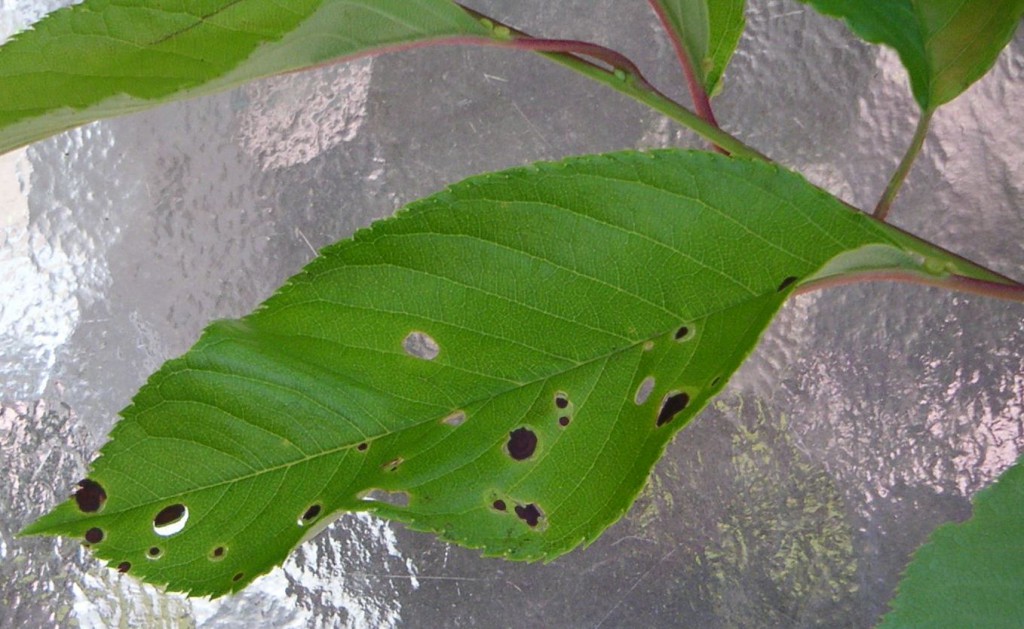
Every summer, we receive a lot of calls about holes in the leaves of ornamental cherry trees and other related fruit trees. Generally, when you think of holes in the leaves of a tree, you automatically assume that it was caused by some sort of chewing insect such as a beetle or caterpillar. Although these…
